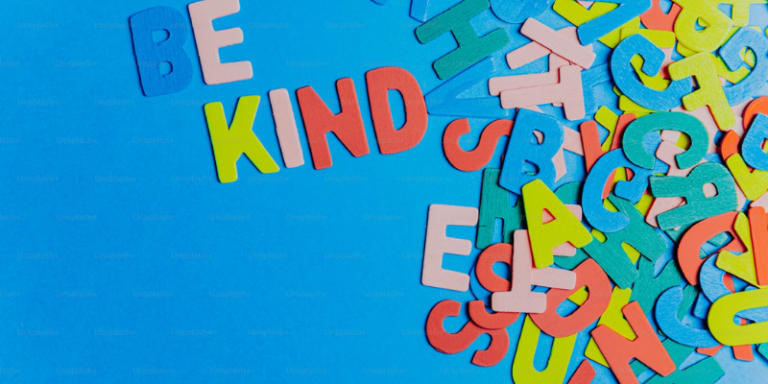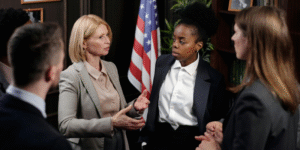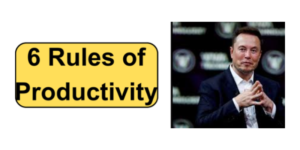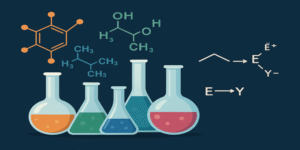A random act of kindness is a spontaneous gesture of goodwill, compassion, or generosity directed towards others without any expectation of reward or recognition (Miller & Canevello, 2019). These acts can be small or large and have the power to brighten someone’s day, lift their spirits, or make a positive impact on their life.
Here are Some Examples:
1.0 Paying for Someone’s Meal: When you’re at a restaurant or drive-thru, you can pay for the meal of the person behind you in the queue. This unexpected act of generosity can create a ripple effect of kindness (Grant, 2016).
2.0 Giving Compliments: Take the time to compliment someone on their appearance, their work, or their personality. A simple compliment can boost someone’s self-esteem and brighten their mood (Wood et al., 2009).
3.0 Helping a Stranger: If you see someone struggling with heavy bags or trying to reach something on a high shelf, offer to help them out. Your assistance can make their task easier and show them that there are caring people in the world (Schnall & Roper, 2012).
4.0 Writing a Thank-You Note: Send a handwritten thank-you note to someone who has made a positive impact on your life, whether it’s a friend, family member, teacher, or colleague. Expressing gratitude can strengthen your relationship and bring joy to the recipient (Grant & Gino, 2010).
5.0 Volunteering Your Time: Dedicate some of your free time to volunteer work in your community. Whether it’s helping at a soup kitchen, cleaning up a local park, or visiting residents at a nursing home, your efforts can make a difference in the lives of others (Wilson et al., 2012).
6.0 Listening Attentively: Sometimes, all someone needs is a listening ear. Take the time to listen to someone who is going through a difficult time or simply wants to share their thoughts and feelings. Your empathy and support can provide comfort and solace (Zaki & Cikara, 2015).
7.0 Sending a Thoughtful Gift: Surprise someone with a thoughtful gift that shows you care about them. It could be a bouquet of flowers, a book they’ve been wanting to read, or a homemade treat. The gesture will let them know they’re appreciated (Whillans et al., 2016).
8.0 Offering Words of Encouragement: If you know someone who is facing a challenge or pursuing a goal, offer words of encouragement and support. Your belief in their abilities can motivate them to keep going, even when things get tough (Sin et al., 2017).
9.0 Spreading Positivity on Social Media: Share uplifting and inspiring content on your social media platforms to brighten the day of your followers. You can also leave positive comments on other people’s posts to spread kindness online (Fowler & Christakis, 2008).
10.0 Forgiving Someone: Practice forgiveness by letting go of any resentment or anger towards someone who has wronged you. Offering forgiveness can free you from negative emotions and promote healing for both parties involved (Toussaint et al., 2016).
These are just a few examples of random acts of kindness that can make a meaningful difference in the lives of others. By incorporating kindness into our daily lives, we can create a more compassionate and caring world for everyone.
References:
Fowler, J. H., & Christakis, N. A. (2008) “Dynamic Spread of Happiness in a Large Social Network: Longitudinal Analysis Over 20 Years in the Framingham Heart Study. BMJ. P. 337, a2338.
Grant, A. M. (2016) “The Significance of Task Significance: Job Performance Effects, Relational Mechanisms, and Boundary Conditions”. Journal of Applied Psychology. 101(2), pp. 321–334.
Grant, A. M., & Gino, F. (2010) “A Little Thanks Goes a Long Way: Explaining Why Gratitude Expressions Motivate Prosocial Behavior”. Journal of Personality and Social Psychology. 98(6), pp, 946–955.
Miller, D., & Canevello, A. (2019) “Random Acts of Kindness as Prosocial Coping”. PLOS ONE. 14(5), e0215534.
Schnall, S., & Roper, J. (2012) “Elevation Leads to Altruistic Behaviour”. Psychological Science. 23(9), pp. 1037–1041.
Sin, N. L., Lyubomirsky, S., & Boehm, J. K. (2017) “Why are Some People Happier than Others? The Role of Cognitive and Emotional Regulatory Processes in Well-Being”. Journal of Personality. 85(6), pp. 704–725.
Toussaint, L. L., Worthington Jr, E. L., & Williams, D. R. (2016) Forgiveness and Health: Scientific Evidence and Theories Relating Forgiveness to Better Health. Springer.
Whillans, A. V., Seider, S., Chen, F. S., & Dunn, E. W. (2016) “Does Spending Money on Others Promote Happiness? A Registered Replication Report”. Journal of Personality and Social Psychology. 115(5), pp. 1113–1122.
Wilson, J., & Musick, M. (2012) “The Effects of Volunteering on the Volunteer”. Law and Contemporary Problems. 62(4), pp. 141–168.
Wood, A. M., Joseph, S., & Maltby, J. (2009) “Gratitude Predicts Psychological Well-Being Above the Big Five Facets”. Personality and Individual Differences. 46(4), pp. 443–447.
Zaki, J., & Cikara, M. (2015) “Addressing Empathic Failures”. Current Directions in Psychological Science. 24(6), pp. 471–476.









